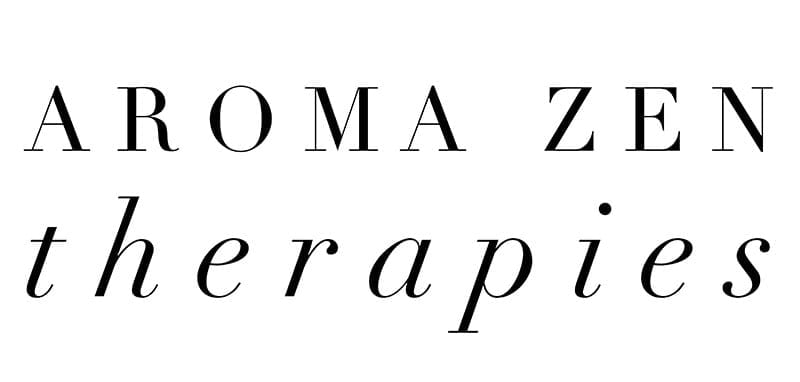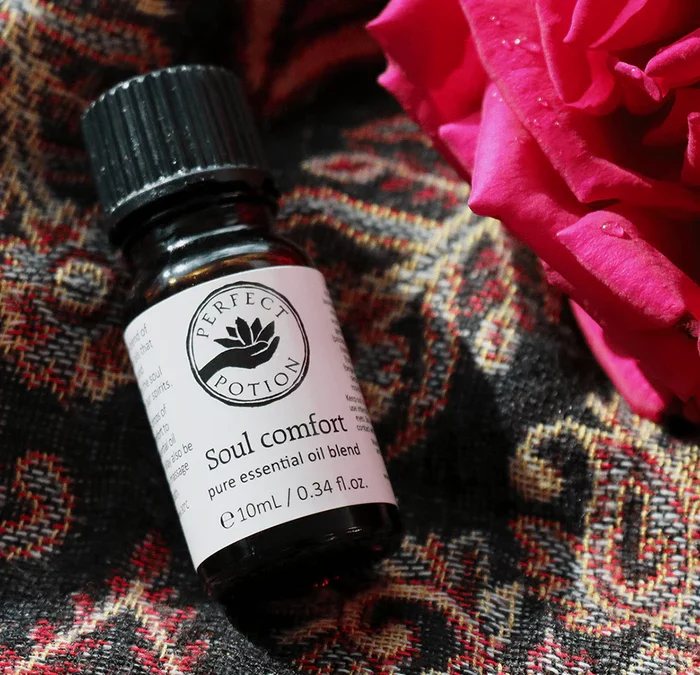Essential oils have been used for centuries for their therapeutic properties, and they offer a wide range of benefits for both physical and emotional well-being. Here’s an overview of some of the key benefits of essential oils:
-
Stress Relief and Relaxation
- Many essential oils, such as lavender, chamomile, and bergamot, are known for their calming and soothing effects. They can help reduce anxiety, promote relaxation, and ease tension, making them ideal for stress relief and mental clarity.
-
Improved Sleep
- Essential oils like lavender, cedarwood, and vetiver are often used to improve sleep quality. They have sedative properties that can help calm the nervous system, promote deep relaxation, and encourage restful sleep. These oils are great for individuals struggling with insomnia or sleep disturbances.
-
Pain and Muscle Relief
- Certain oils, such as peppermint, eucalyptus, and ginger, have analgesic and anti-inflammatory properties, which can help alleviate pain, reduce muscle tension, and ease conditions like arthritis or headaches. They can be applied topically (with a carrier oil) or inhaled to provide pain relief.
-
Boosted Immunity
- Essential oils like tea tree, eucalyptus, and lemon are known for their antimicrobial, antiviral, and antibacterial properties. These oils can help support the immune system, fight off infections, and promote overall wellness by purifying the air and the body.
-
Mood Enhancement
- Essential oils such as citrus oils (e.g., orange, lemon, grapefruit) and ylang-ylang are uplifting and can help improve mood, reduce feelings of sadness or depression, and promote a positive outlook. These oils are often used in aromatherapy to stimulate emotional well-being and balance.
-
Skin Care
- Many essential oils have properties that benefit the skin. For example, tea tree oil is great for acne and blemishes due to its antibacterial properties, while frankincense and rose are known for their anti-aging benefits, helping to reduce the appearance of wrinkles and scars. Lavender and chamomile oils are soothing and can help calm irritated or sensitive skin.
-
Digestive Support
- Some essential oils, such as peppermint, ginger, and fennel, can help support digestion by alleviating nausea, bloating, and indigestion. These oils can help ease digestive discomfort and promote healthy gut function when used in aromatherapy or applied topically (with proper dilution).
-
Improved Respiratory Health
- Essential oils like eucalyptus, peppermint, and rosemary are commonly used to clear nasal congestion, improve breathing, and support respiratory health. They can help open airways, ease coughs, and promote deeper breathing, making them effective for colds, coughs, or seasonal allergies.
-
Mental Clarity and Focus
- Oils like rosemary, peppermint, and lemon are known for their stimulating effects, helping to improve focus, concentration, and mental clarity. They can be useful for boosting cognitive performance, especially when you’re feeling fatigued or mentally foggy.
-
Detoxification
- Certain essential oils, like grapefruit, lemon, and juniper berry, are known for their detoxifying properties. These oils help to promote lymphatic drainage, reduce water retention, and support the liver and kidneys in eliminating toxins from the body.
-
Hair Health
- Essential oils like rosemary, lavender, and peppermint can help promote hair growth, reduce dandruff, and improve the overall health of the scalp. They can be massaged into the scalp to stimulate blood flow and support healthy hair follicles.
-
Emotional Healing and Balancing
- Essential oils such as rose, jasmine, and sandalwood are used for emotional healing. They can help balance emotions, reduce feelings of anger or fear, and promote a sense of peace and grounding. These oils are particularly helpful for emotional trauma, stress, or times of grief.
-
Anti-Aging
- Essential oils like frankincense, rose, and neroli are known for their anti-aging properties. They help to reduce wrinkles, promote skin regeneration, and fight free radicals, which can slow down the aging process and keep the skin looking youthful.
-
Energy Boost
- Oils like peppermint, lemon, and rosemary are invigorating and can help increase energy and stamina. They can be particularly useful for combating fatigue or when you need a mental or physical pick-me-up during the day.
-
Natural Cleaning
- Essential oils such as lemon, tea tree, eucalyptus, and lavender have natural disinfectant properties, making them excellent for cleaning and purifying the home. These oils can be added to cleaning products or diffused to kill germs, bacteria, and viruses in the air.
How to Use Essential Oils:
- Aromatherapy: Inhalation through a diffuser, steam, or direct inhalation.
- Topical Application: Mixed with a carrier oil (like coconut or jojoba oil), essential oils can be applied to the skin for therapeutic benefits.
- Bath: Add a few drops to bath water for a relaxing and rejuvenating soak.
Important Note:
When using essential oils, always dilute them with a carrier oil to prevent skin irritation, and consult a healthcare professional if you’re pregnant, nursing, or have underlying health conditions.
In summary, essential oils offer a wide range of benefits, including stress relief, improved sleep, pain reduction, mood enhancement, and skin care. Whether used for physical healing, emotional balance, or overall wellness, essential oils are a powerful, natural remedy.

